Manmohan Singh, the former Prime Minister of India, passed away at the age of 92 on Thursday night in New Delhi. Known for being the architect of India’s economic reforms, he is remembered for opening up the nation’s economy to the world and lifting millions out of poverty. His contributions to India’s place in the global arena were undeniable.
Singh’s passing was confirmed by AIIMS, which stated that he had been brought to the emergency room after a sudden loss of consciousness. Despite all efforts to revive him, he was declared dead at 9:51 PM. He leaves behind his wife, Gursharan Kaur, and three daughters.
A Scholar-Turned-Politician
Born in Gah (now in Pakistan), Singh’s family migrated to India during Partition. A distinguished academic, he attended both Oxford and Cambridge universities. His tenure as Prime Minister (2004-2014) marked a new chapter in India’s development, as he focused on economic reforms and welfare programs. Singh proved that social welfare and economic reforms could coexist, a notion long believed impossible.
Reforms and Challenges
As Finance Minister in the early 1990s, Singh played a pivotal role in India’s economic liberalization under Prime Minister P.V. Narasimha Rao. His policies spurred industrial growth, expanded the middle class, and revitalized Indian businesses. Singh’s leadership also helped India weather the global financial crisis in 2008.
One of his most significant achievements was the Indo-US nuclear deal. Despite facing intense opposition from the Left and a volatile political environment, Singh successfully pushed through the deal, cementing his place as a shrewd political strategist.
Political Acumen and Leadership
Singh’s leadership was often seen as understated. Despite being labeled a “weak PM” by his critics, he maintained a steady grip on power, navigating through numerous crises. He was the first Sikh to serve as India’s Prime Minister and the first to be re-elected after completing a full term, following Jawaharlal Nehru.
Though his second term was marred by controversies and corruption charges, Singh remained resilient. He faced numerous challenges, including internal party pressures, but his leadership kept the UPA government in power for a decade.
Legacy of Resilience
Singh was a man of conviction and tact, navigating India’s complex political landscape with an uncommon blend of wisdom and diplomacy. His role in shaping India’s economic policies and foreign relations will remain a significant part of his legacy. Despite the criticisms and controversies that surrounded his tenure, Singh was widely respected for his intellect, diplomacy, and humility.
His passing marks the end of an era in Indian politics, but his contributions to the nation’s economic and political landscape will continue to influence future generations.
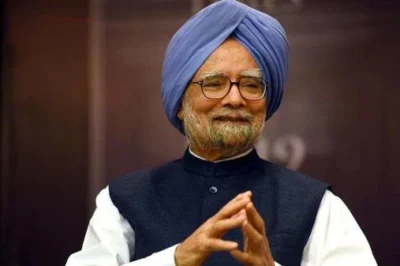






































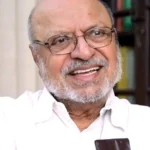

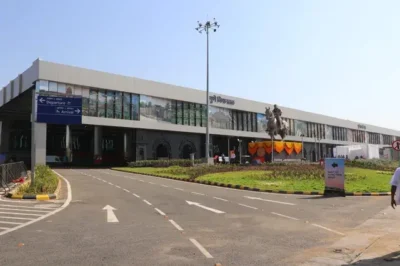









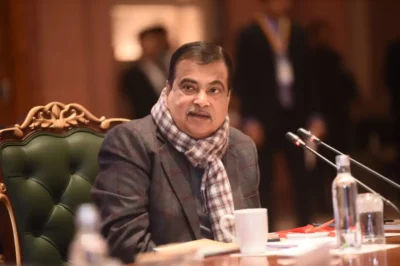



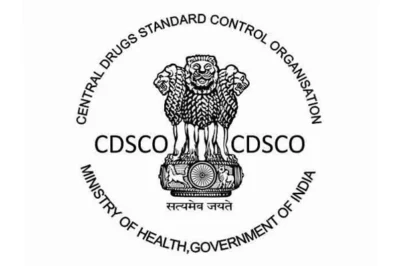












Leave a Reply